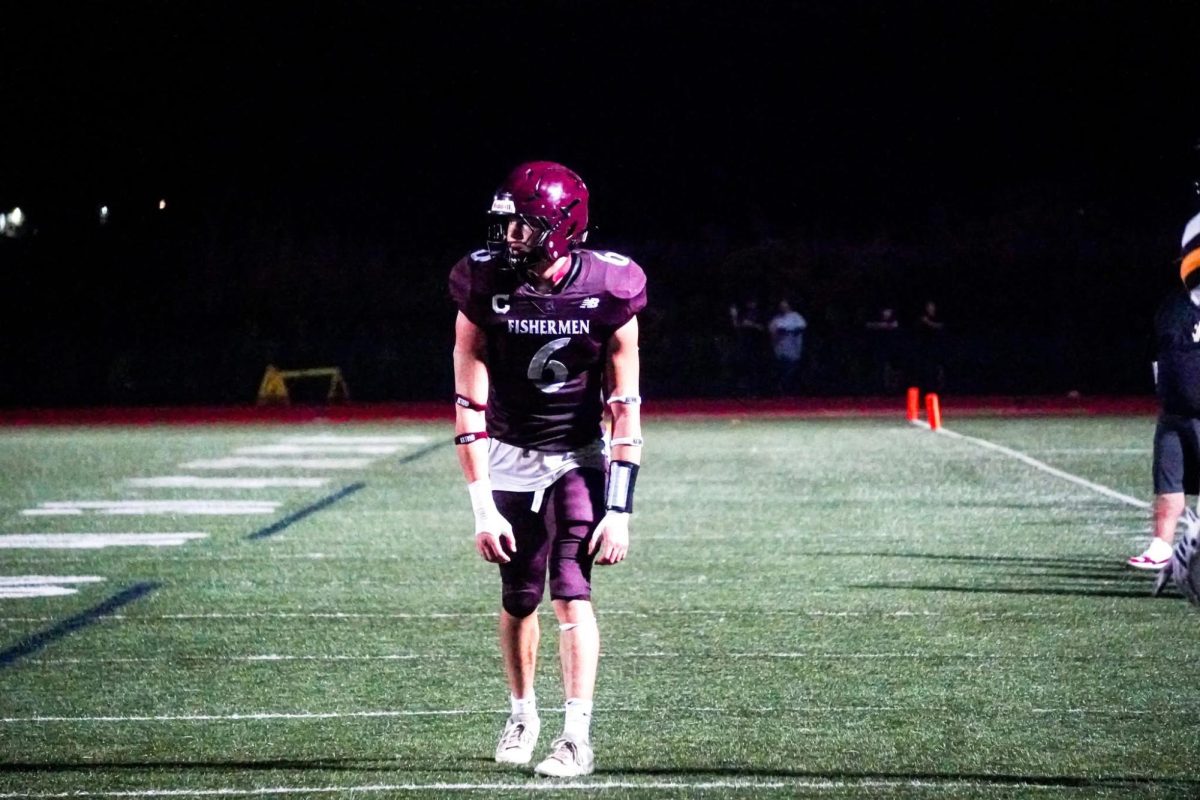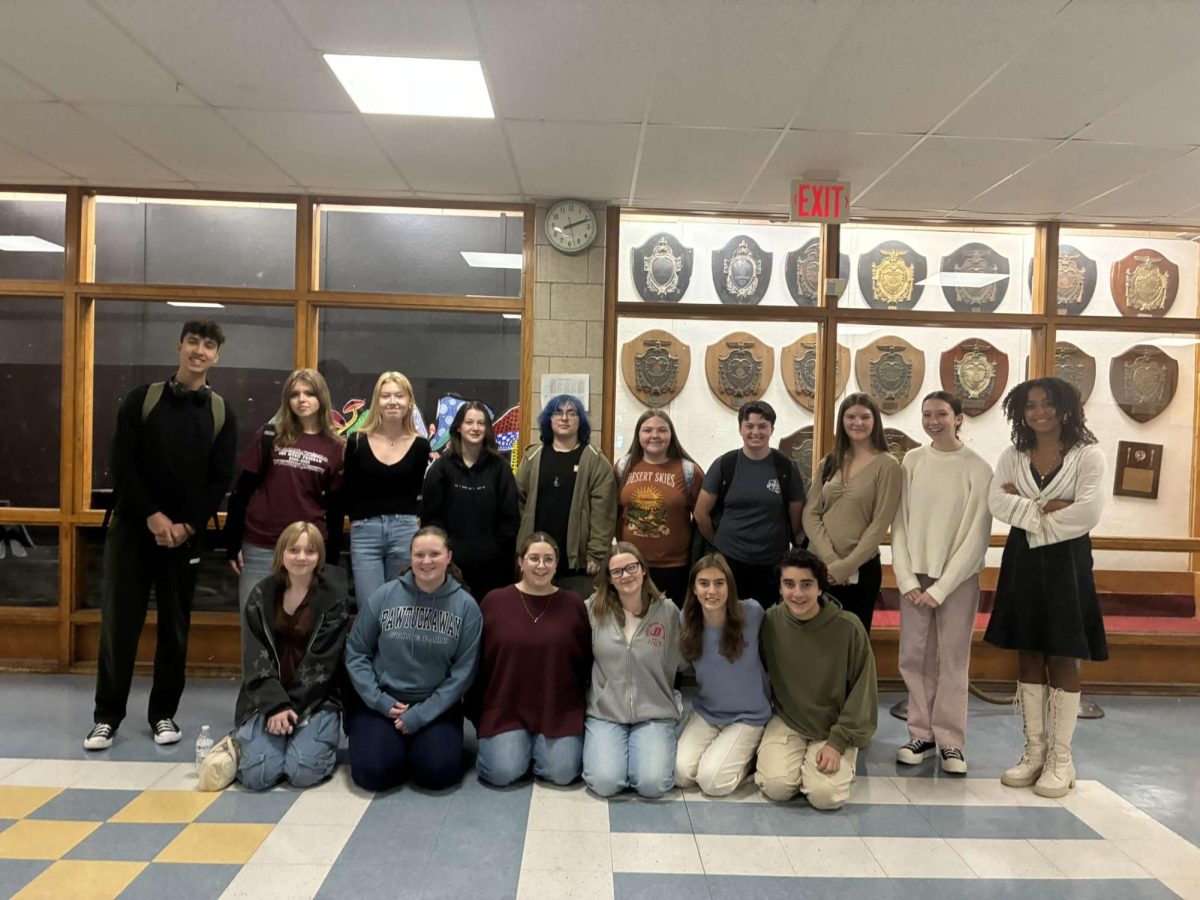Interview with Kelsey Lowthers
1. What has remote school taught you about real school? What do you value more now that it’s been taken away? Is there anything that you like better about remote school?
Remote school has given me an insight to what college will be like. Studying on your own, keeping track of your assignments, and preparing for a test (AP tests). I was originally excited for a break from school, but I have grown to miss the classroom setting, learning new things everyday from my teachers, and seeing different people in the hallways.
2. In Feed, there’s major irony in the fact that although young people have access to information constantly, they seem stupid. They aren’t able to think critically or be curious. Talk about the abstract skills that you learn at school and the learning process. Do you think that these skills and processes are important in shaping independent, dynamic thinkers? What role does school as we know it play is shaping a strong generation of leaders and thinkers?
In today’s world, we thrive on data, numbers, and statistics. [But] abstract learning is motivated by the goal of expanding a child’s knowledge through the application of skills to everyday situations. These skills are absolutely necessary in shaping independent and dynamic thinkers. But kids also need to be able to expand upon the problems they are given to solve in school. Schooling does the deed of giving each child a basis, but I feel that it really is up to the child on what they do with it.
3. Consumerism and its implications are central to the plot and theme of Feed. Already much of the education system has converted to online platforms (ei. Google Classroom, Canvas, EdX, etc). What are the benefits of this? What are the dangers?
The benefits of this is that we are able to still further our education when we cannot physically be in a classroom. The downside is that each of these large companies now have us hooked around their finger. Educators and officials are working tirelessly to make sure that our learning does not cease to exist in these next few weeks, but this comes at the price of doing realistically whatever these large companies want (Google, Microsoft, etc) in order to use their services. These companies are the only access we have to a remote learning situation.
4. In Feed, many of the teachers are holograms. Talk about the importance of the relationships that teachers have with students. Feel free to give examples of experiences you’ve had with really skillful teachers (no names, please!)
The importance of the relationship between a teacher and a student is crucial. Being interested in a subject could be as simple as having a teacher who is well-liked by many students. Personally, I am more inclined to put more effort into certain areas when teachers are willing to take the time to stay after school and help me 1 on 1. I also think that giving the student a little bit of freedom/creativity with projects/assignments (which stems from the teacher) will also increase a student’s interest in a topic and ultimately help the relationship between a teacher and a student.
5. In Feed, there’s an important moment when Violet reminds Titus that only 73% of people in America have the feed. Socioeconomic barriers have also been a major fact for the GPS system, because not all students have access to a device at home (or to the internet). How do you feel about this? How can this be made fair? What effect is this going to have on a population of students who (in many cases) already face adversity in their lives?
There are so many different obstacles that are coming between students and their education. Thankfully, there have been many resources offered to help with this barrier. The GPS district has offered to loan anyone a Chromebook (grades k-12) who needs a device to be able to participate in the online curriculum. In addition, I know Comcast has offered 30 days of free wifi for those who are in need of it. Yes, this can be a challenging time for some, but they are so many people who are willing to help.
6. What has quarantine been like for you socially? How have you been keeping in contact with your friends? Are you more attached to your phone now? (I know I am!)
This is definitely a social experiment for the books! I am more connected to my phone, but I am also getting outside more than I ever have before. I am able to sleep in everyday, which is scientifically proven to be crucial to the health of a teenager. I go outside and get some exercise by running or doing an at-home workout, and I have gotten to play so many family games and make memories with the people I love which is a rarity in my house. My friends and I have found ways around social distancing, a loophole, where we drive to the high school parking lot, back our cars into a circle, and sit in our trunks (staying more than 6 feet apart) and talk to each other for a few hours.
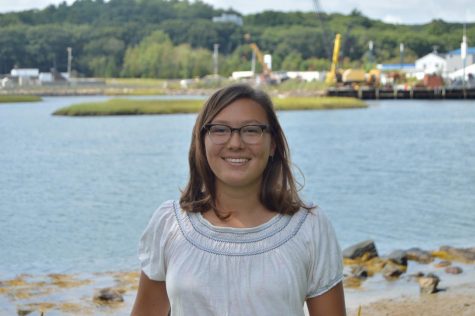
Mila Barry is in her fourth year at Gloucester High School, and her third year on the Gillnetter staff. Outside of writing for the newspaper, she’s...
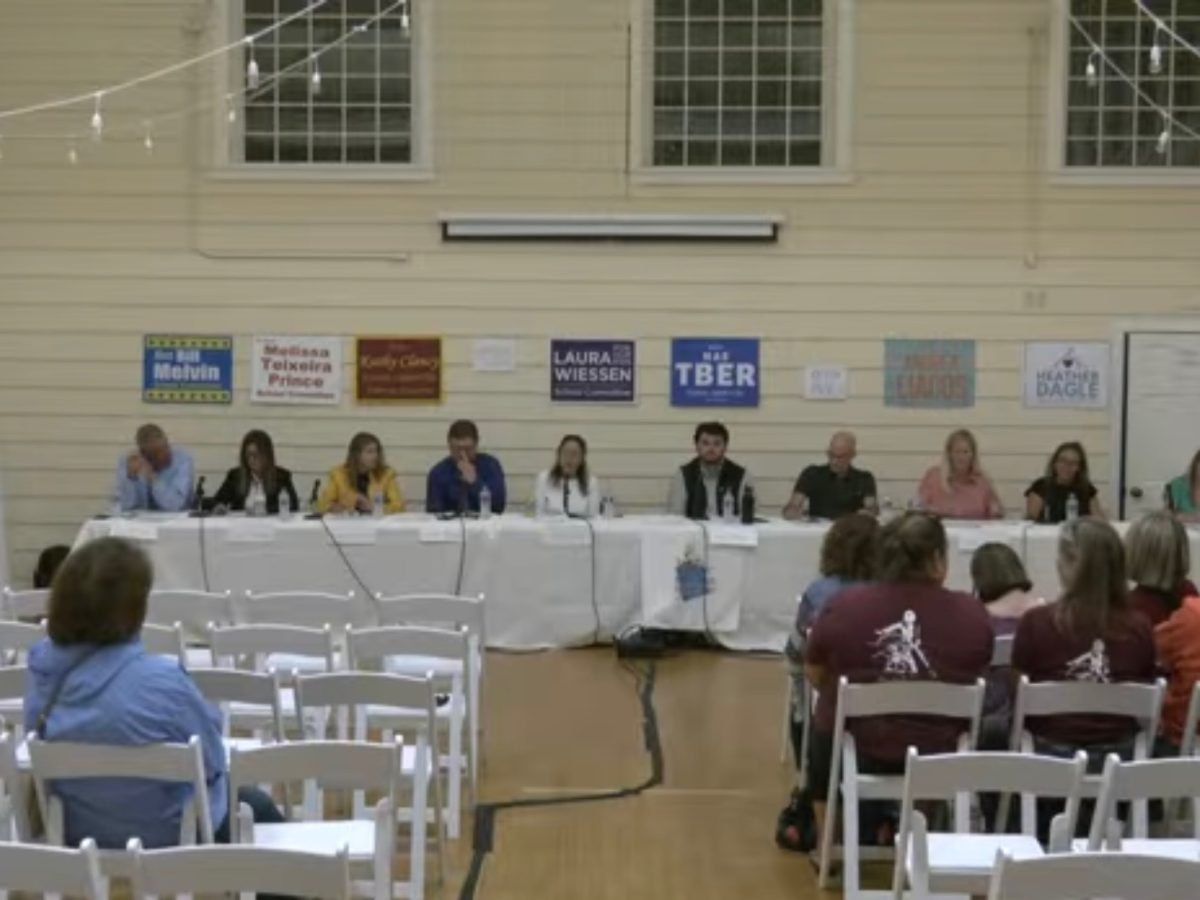


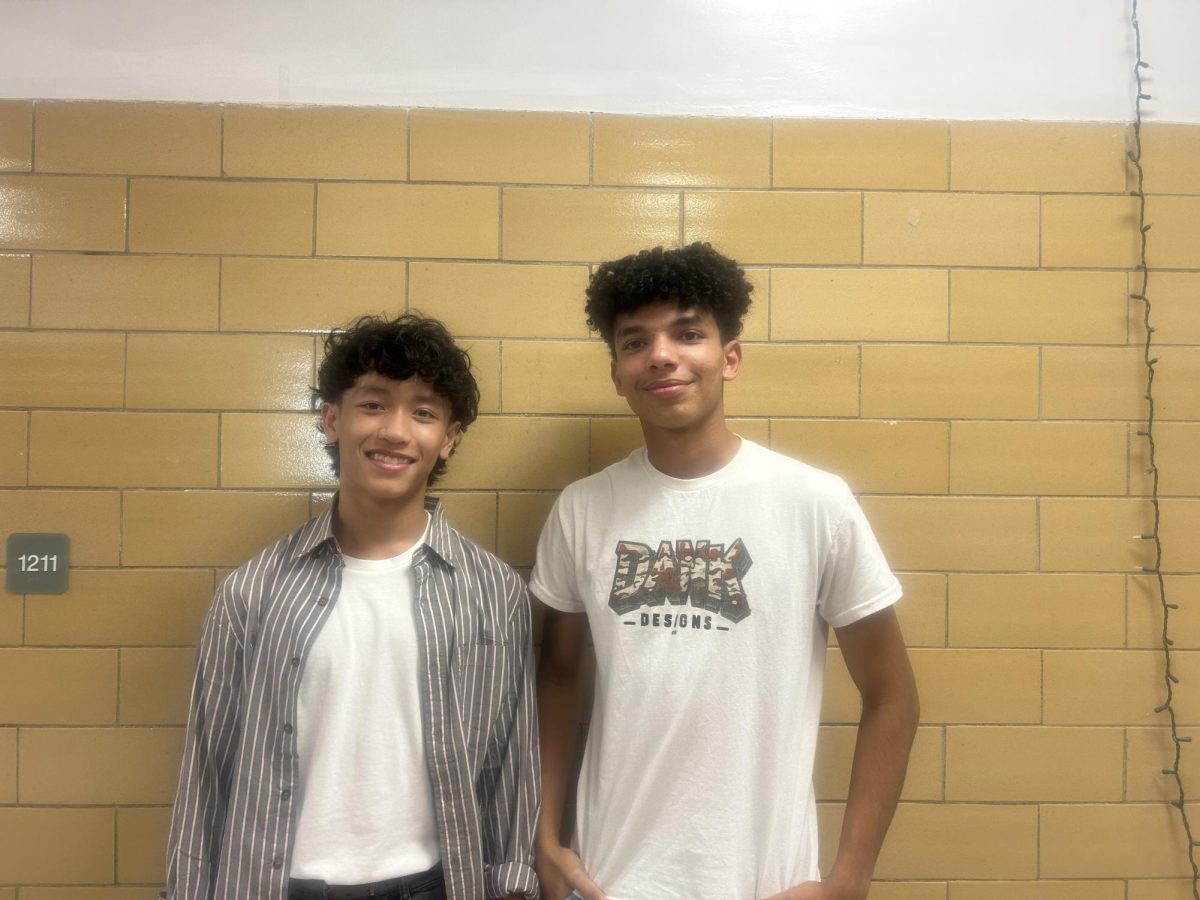
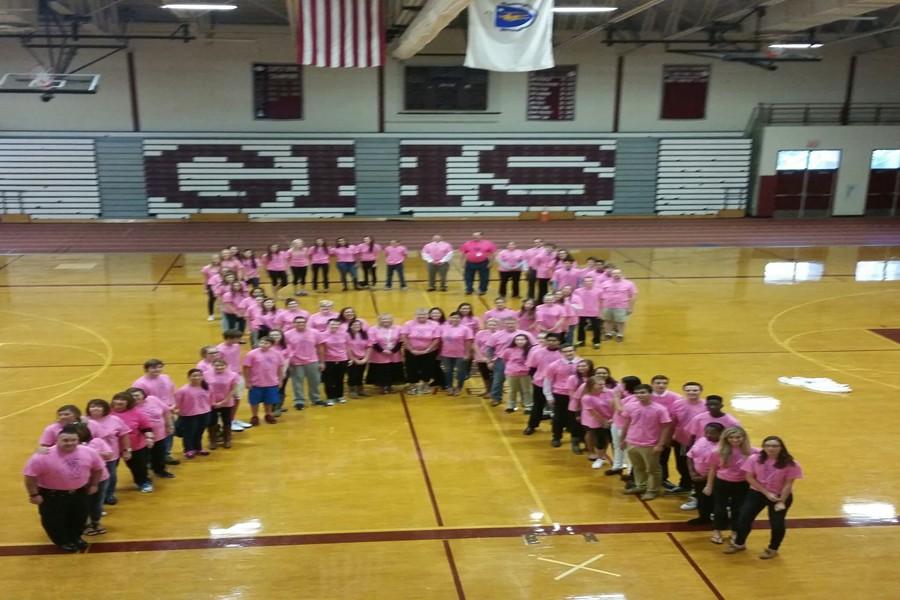





![The Volleyball team poses after their win. [Photo courtesy of GHS Volleyball]](https://thegillnetter.com/wp-content/uploads/2025/10/IMG_6936.jpg)
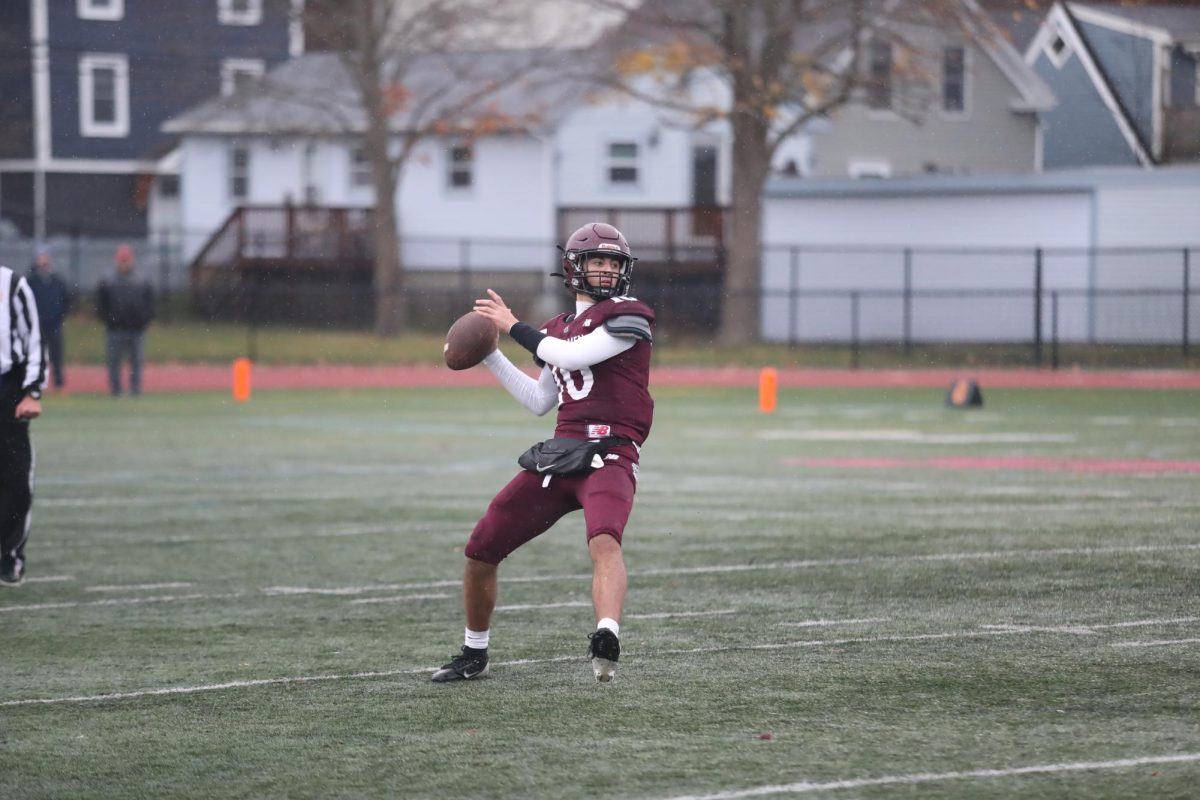

![The GHS/MERHS senior cross country runners pose together on Senior Night. [Photo courtesy of Manchester-Essex Athletics]](https://thegillnetter.com/wp-content/uploads/2025/10/Screenshot-2025-10-10-at-11.18.29-AM.png)
